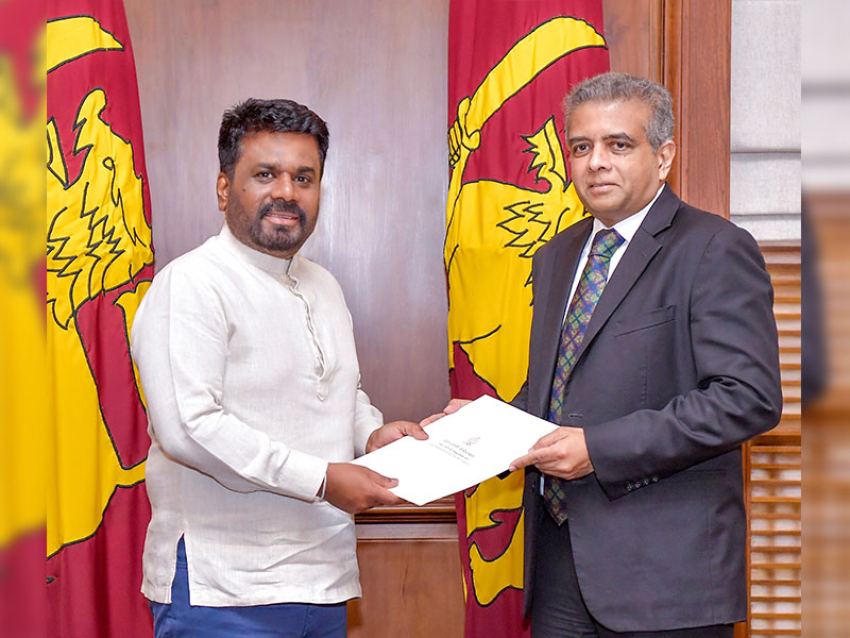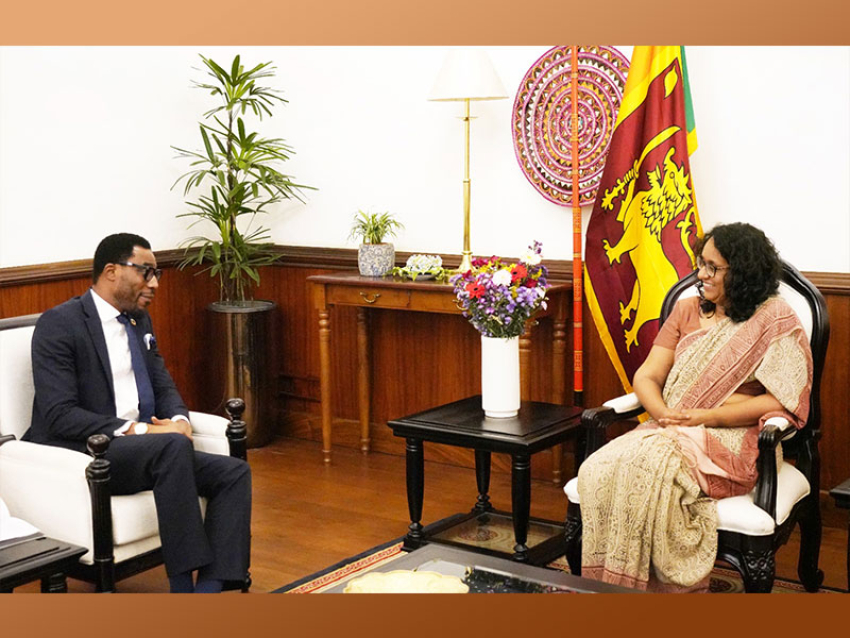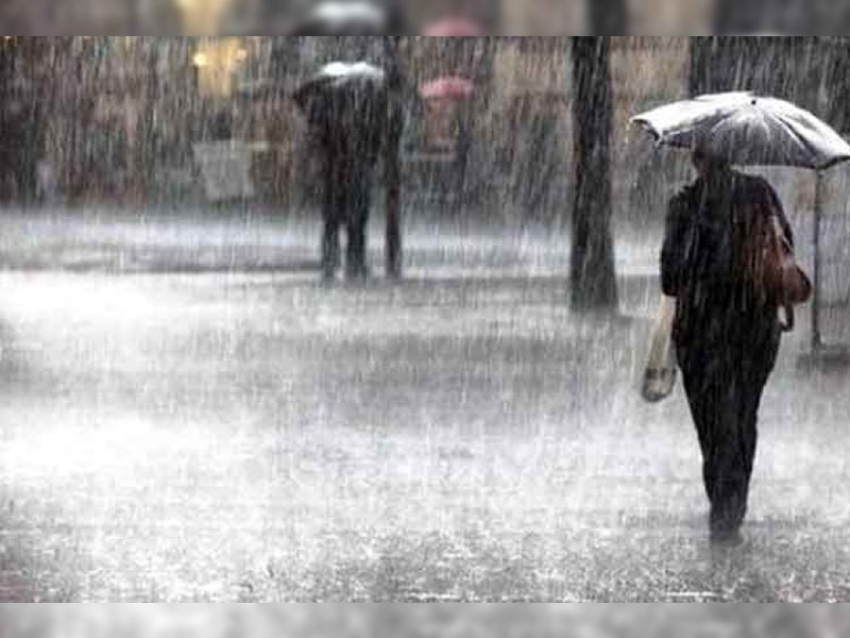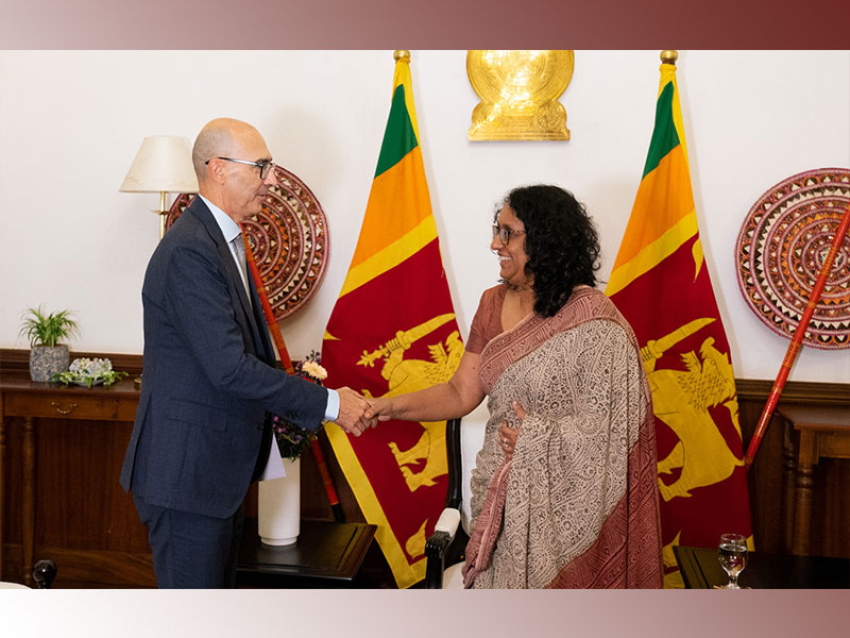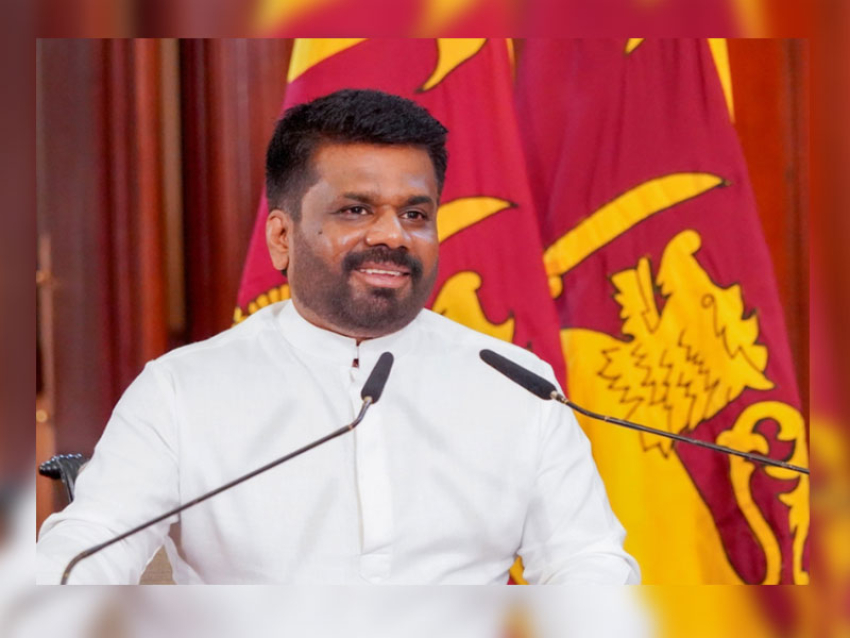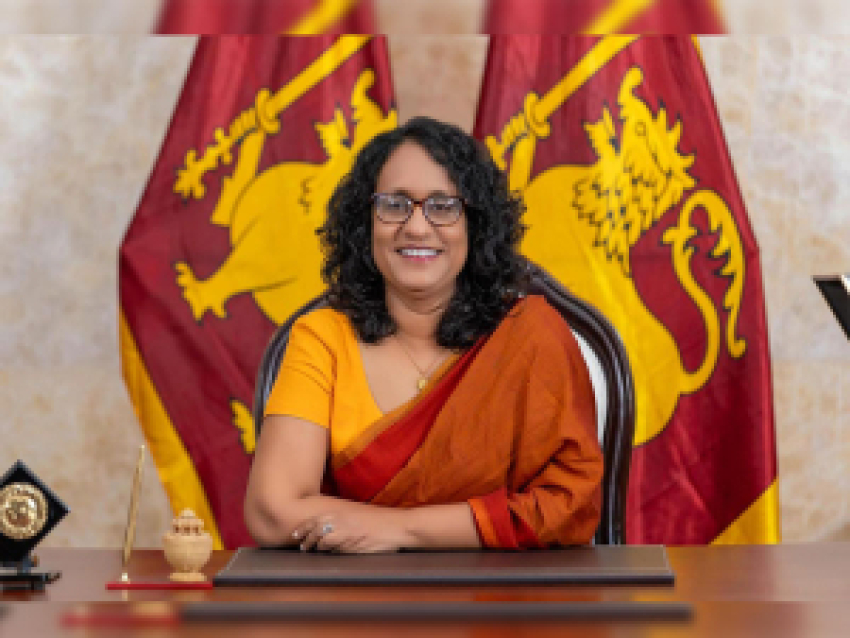This year’s symposium “Fostering Peace through Cultural Education” focused on interfaith dialogue and education as effective tools to “build peace in the minds of men and women”. The broader objective of the symposium was to commemorate and comprehend the life of Sakyamuni Buddha, and through Dhamma to “transcend faiths and cultures,” in keeping with the principles articulated in the UNESCO Constitution of promoting peace and security.
The Celebrations were inaugurated by religious observances led by representatives of the Theravada Tradition conducted by Ven Uduwe Dhamaloka, the Mahayana Tradition, the Christian, Muslim, and the Hindu faiths.
After the lighting of the traditional oil lamp, messages from the UN Secretary-General Ban Ki-Moon was read, highlighting the relevance of Buddhism to humanism which stated: “The Lord Buddha’s observation that all peoples are interconnected reminds us of the importance of uniting as one human family resolved to address our shared struggles based on common values”. The President of Sri Lanka Maithripala Sirisena, enunciated the need to preserve the hard won peace in the country: “Achieving peace after a prolonged armed conflict of separatism, Sri Lanka today sees the coming together of once divided people in the spirit of peace, co-existence, and reconciliation in keeping with best religious values.”
The welcome address was delivered by the Minister of Education and the Chairman of the National Commission of Sri Lanka to UNESCO. He remarked that when Sri Lanka has completed a milestone of 66 years in the UNESCO it was heartening to further espouse the broader objectives of the organization that augured well with the country’s objectives, particularly at a juncture when Sri Lanka presented her candidature to the UNESCO Executive Board for the period 2015 to 2019.
Minister of Buddha Sasana, Public Administration, Local Government and Democratic Governance, who was the chief guest on the occasion, delivering his keynote address emphasized on the need to reach further in understanding different faiths, beliefs and ideologies in the world and to draw the contours of a better world through the diversity of faiths and cultures. He drew Sri Lanka as a case in point where all major religions , philosophies and faiths have co-existed side by side in the country over the centuries and emphasized that based on this lasting edifice the present government would strive to build and preserve understanding and empathy among all Sri Lankans.
Several leading religious dignitaries and international scholars and Ambassadors from the Permanent Delegations to UNESCO contributed to the celebrations by their involvement in the panel discussions that followed. Venerable Master Chin Kung, founder and Head of the Pure Land Learning College, a renowned spiritual leader and a peace icon hailing from the East graced the occasion with his presence and through his discourse on the relevance of Buddhism to achieve peace.
After a short bilateral meeting with the Director General of UNESCO, Madam Irina Bokova to discuss the government policy priorities and in further strengthening Sri Lanka’s partnership with the organization, Madam Bokova respectively with Minister of Buddha Sasana, Public Administration, Local Government and Democratic Governance of Sri Lanka and Minister of Education & Chair of the National Commission to UNESCO declared open a special exhibition portraying Sri Lanka’s wealth authenticity and diversity entitled “Sri Lankan Heritage”.
Inaugurating the exhibition, Madam Bokova spoke of the wondrous beauty and biodiversity the country possessed, highlighting Sri Lanka’s reputation as the Pearl of the Indian Ocean. Sri Lanka’s deep engagement with UNESCO’s work on education and the UNESCO’s commitment in safeguarding and sharing Sri Lanka’s unique cultural heritage and diversity. She emphasized that Sri Lanka’s endeavours in organizing the Vesak Symposium stood in testimony of the country’s commitment to the values and objectives carried forward by UNESCO.
Applying the teaching of Buddha to contemporary issues of ethnic conflicts, Hon Minister Karu Jayasuriya gave a speech on “Buddhist Education for Ethnic Reconciliation” on the second day of the symposium, where he stressed the importance of having a correct vision both by the ruler and the ruled emphasizing on the Vajjian principles for promoting good governance. He outlined solutions based on Lord Buddha’s teachings in the construction of peace: “Our approach in addressing ethnic reconciliation should be to promote the exercise of law and order, providing equal opportunities for every citizen, and assurance of freedom in every aspect of life, or follow the Vajjian principles,” concluded the Minister.
On the night of 28th May, the International Vesak Concert, presented to a large audience the colorful and talented Sri Lankan Channa Upuli dance ensemble, with an epic performance of Sri Lanka’s ancient and contemporary dance along with artists from other countries such as China, Australia, Comoros .
The Vesak symposium organized by Sri Lanka based on the teachings and celebration of Lord Buddha’s timeless wisdom was a powerful reminder of the essential role that Sri Lanka continues to play in the UNESCO in the country’s 66 year journey in the organization allowing such important events of knowledge sharing, collaboration and intellectual emulation to take place in uniting cultures and faiths for a broader objective of peace and sustainable development.
The Embassy of Sri Lanka in France & Permanent Delegation of Sri Lanka to UNESCO in collaboration with the National Commission of Sri Lanka to UNESCO convened a three day symposium to celebrate Vesak, a day of International Observance at the UNESCO headquarters in Paris from 27th-29th May, 2015.







